Fire: How Can I Prevent One In My Home
My husband Mark has been involved with the American Red Cross for many years. He’s been an advocate for helping save lives by trying to donate blood every 56 days. He belongs to a civic club called The National Exchange Club and they have partnered with the American Red Cross to promote good causes that both organizations can enthusiastically support.
Mark reminded me this week that the American Red Cross had sponsored all month an annual program they call “Sound The Alarm-Save a Life” where volunteers are asked to install smoke alarms for families all across the country. They also promote fundraising activities to provide funds for families who have been impacted by home fires. I felt it was important to update this post from a few years ago so my readers are reminded about the importance of protecting their homes.
Your home is meant to be a place where your family feels safe and where wonderful memories are made. So, it can be terrifying and completely devastating if your home were to ever go up in smoke. Hopes and dreams, as well as lives, can be shattered in just a few short moments. Fire: how I can prevent one in my home.
Fire: How Can I Prevent One in My Home
Looking at the statistics, most of the house fires that happen every year are disastrous nightmares that, in most cases, could easily have been avoided. It’s probably not a surprise that a large percentage of those fires started in the kitchen. In a number of these situations, careless mistakes and a lack of preparation made all the difference and could have been avoided.
There are also a few fire-susceptible areas in your home that you may not even have thought about before. Here’s more on house fires and ways that you could prevent one in your home.
Items I Highly Recommend:
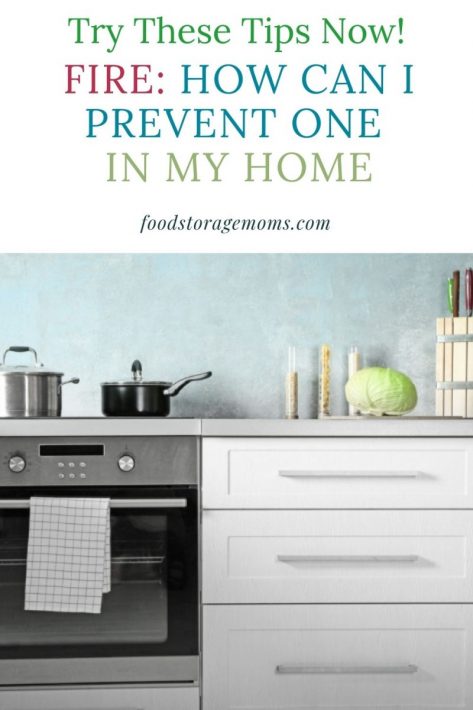
Avoiding Kitchen Fires
Most fires that take place in a home start in the kitchen, so it’s a room that you need to keep a watchful eye on. A grease fire is the most dangerous and hardest one to put out and is usually caused when grease comes into contact with heat. Try to keep your counters clean, particularly if they have had grease spills or splatter.
Never leave a room unattended with food cooking on a stove, or place combustible items too close to where the heat source is. You also don’t want to leave cooking equipment and appliances left in the on position. The Red Cross has a saying in this regard, “Keep an eye on what you fry.” Consider having a second pan or other non-flammable covering to use if the pan used to fry the food happens to flare up. If you can cover the pan, hopefully, the fire will burn itself out, or at least not expand to cabinets, etc.
You may be tempted to cook when you still have on that bathrobe or long-sleeved shirt or blouse. You’re much better off cooking with clothes that aren’t loose or dangling where they could catch on fire. If there is a fire that has spread, all family members need to understand the benefits of the stop, drop, and roll technique if they have clothes that catch fire.
We have things in our kitchen we use all the time that may tend to be more flammable. We need to keep all these things away from the stovetop. That could include kitchen towels, both fabric and paper, paper and plastic packaging, wood-handled utensils, hot pads, oven mitts, and anything else that may light on fire if too close to a flame or heated coils.
Keep Your Stove and Oven Clean
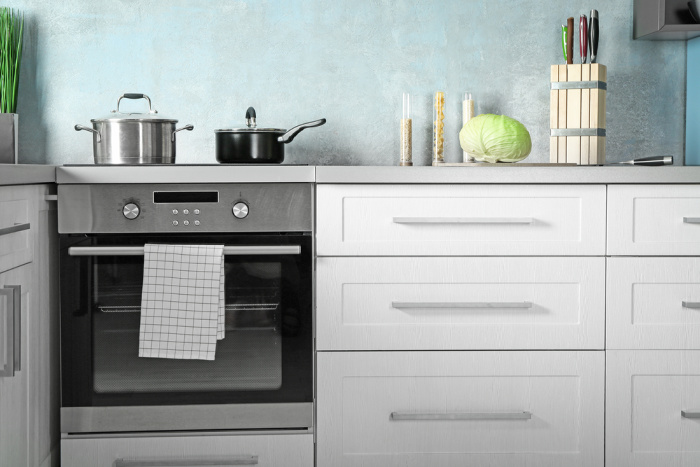
Keeping your stove and oven clean and tidy is another preventable way for keeping fires from happening in your kitchen. That way no food particles can catch fire and there aren’t any items such as a cookbook near or around a burner that’s turned on. Sometimes spilled oil or grease from cooked food will collect on the bottom of your stove. Make sure you clean these up when observed.
If you have a self-cleaning oven it is a good idea to have a consistent schedule to run the cleaning cycle, such as on a monthly basis. Be sure to remove any cookware from the oven since it becomes Very Hot during the cleaning process.
Store Flammable Products Properly
There are certain objects in your home that can easily catch fire because of the combustion caused by being too close to a heat source. Things such as hairspray, cosmetic items, cardboard boxes, and cleaning supplies all need to be stored in a cool place, or at least a safe distance from any heat-generating source in your home.
Check Out Every Power Cord
Before you plug a cord into an outlet, make sure that it isn’t frayed or has been chewed on by the family pet. A damaged wire or cord is a huge fire hazard. Make sure that it’s properly plugged into the outlet and make sure nothing is sitting on or covering the power cord. Never run any power cords under furniture or carpet where the heat could cause a fire.
Whenever possible, take the attitude that extension cords are for short-term use. Often we view them as a long-term solution for power usage and we tend to plug too many items into them. In every instance, they should have a gauge of wire that is properly-suited to the power requirements needed. We don’t want to overload the cord, EVER!
If you ever have the need to improve or increase the number of outlets, switches, or light fixtures in your home, it certainly pays to hire a professional certified electrician to do the work.
Maintain Your Dryer
As many as 2,900 fires happen every year due to a dryer lint trap that hasn’t been cleaned out properly. I’ve even been guilty of this one before, but it’s an important habit that we should never forget. So every time that you go to use your dryer, make sure to remove the lint ahead of time, or right after you remove the dried clothes.
Mark and I have had some professionals clean our dryer vents in the back of the dryer, but I must say the lint never ends. I bought this tool to attach to our vacuum to clean out the filter section by the dryer door. I’m not talking about cleaning out the back of the dryer vent, but if yours is accessible that would be awesome too. Our dryer vent goes up through the roof, so we hire that out. This is the tool I use to vacuum the lint tray where we empty the filter every day. Using the tool about once a month works for us. Dryer Vent Cleaner Tool
Make Sure Your Furnace and Space Heaters are Working Properly
Make sure that you keep up with the air filter on your furnace and that it’s inspected annually to ensure it’s working properly. Yes, this may mean that you need to get a professional to look at it. That may sound costly, but a fire in your home could prove far costlier.
The last time we had a heating and air conditioning professional look at our system he told us we were using furnace filters that were overkill. He told us that the filters took out more stuff from the air being circulated, but, we could get away with less expensive filters that allow for more airflow, and thus more efficient heating and cooling.
Space heaters can be another fire safety issue. Don’t allow anything to get too close to them, and make sure they are positioned away from flammable objects. Old space heaters are responsible for over 450 deaths every year, so it may be time for you to replace yours.
I’d suggest you place those space heaters on a cookie sheet or other non-flammable protective shield. Putting the heater directly on the carpet can be a safety issue, and putting it on linoleum could cause that floor surface to melt or warp. You should be ok when putting the heater on the floor tile.
Don’t Use Candles for Power Outages
Growing up, I can remember my parents always lighting candles when our power went out, or setting out scented candles around the holidays. Don’t do this!!! Every year, candles cause over 15,600 house fires and over 150 deaths. This is because children, pets, and even adults accidentally knock them over, or leave them burning while unattended.
If you feel you must use them, for whatever reason, take the extra step to put them on a non-flammable surface like a cookie sheet. That way, if they do tip over the flame should be contained on the sheet and not on the carpet or other flammable surfaces.
I’d suggest you keep them up higher and away from where children and pets have access to them.
Use the Correct Wattage and Fixtures
When it comes to lamps and other light fixtures, make sure that you use the suggested power wattage that is listed on them for the bulbs you use. Using a lightbulb that provides more wattage than what is recommended can easily overheat and cause a fire. Make sure that your lamps have a secure base so they can’t easily be knocked over, and never place anything on top of the lampshade.
Years ago, Mark and I made the decision to replace all our incandescent light bulbs with newer LED bulbs. We’ve noted over the years that even those have gone through a transition and are shaped a little differently. They are not only more safe since they don’t heat up as much, but they are much more efficient and less costly to run. They have also come down in price significantly. If you have to replace yours, consider doing so one room at a time to save on the expense of a whole-house approach.
Avoiding Fireplace Fires
As cozy as it may be, dozing off while relaxing next to a fire can be very dangerous. If a spark escapes into your living or family room, it could cause chaos in a matter of minutes. Never leave a fireplace unattended and make sure that you dispose of any ash that is left over by placing them in a metal container after the ash is completely cool.
Carbon monoxide poisoning is another thing for you to be aware of, but unfortunately, you can’t smell it. Make sure that your home has a carbon monoxide alarm as well, and place it close to your fireplace. Another good location for a second alarm is near the furnace since it may have an issue the alarm can detect.
All fireplaces should have a screen out front. The screen should be sturdy and strong enough to help keep most logs from rolling out of the fireplace onto the floor. They should also have screens that are fine enough to catch small sparks or ambers that pop from the burning fire. The screen should also help to keep your younger kids from getting too close to the fireplace.
Don’t Smoke In Your Home
Choosing not to smoke in your home is another smart way of avoiding a house fire. As many as 7,600 buildings are engulfed in flames every year due to a smoking-related incident. If you choose to continue to smoke in your home, at the very least, keep your cigarettes away from bedding, furniture, and flammable objects, and also make sure that the cigarette is properly snuffed out in an ashtray. Smoking should never happen in homes that use medical oxygen, as it may cause an explosion.
If you feel the need or urge to smoke, consider going out on your patio or deck. Even those may have some flammable objects nearby, so be extra cautious whenever you light up. I know it’s relaxing to smoke in bed, but don’t ever be tempted to do it. There is a fire risk even if you stay awake, but there is a definite tendency to fall asleep.
Some people seem to think that e-cigarettes are safer than their old regular ones. Not so! Be careful when using them, transporting them, and when they are being charged.
Keep Fire Extinguishers On Hand
Your home should have a fire extinguisher on every level of your home, especially one in the kitchen This way you can put a fire out before it gets out of control and completely obliterates everything in its path.
In our CERT class, we all learned how to have a buddy with us to assist in putting out a fire. I must tell you, those fire hoses are very very heavy. That was probably the most exciting thing I learned during our training. You sweep the hose to put out the fire. How To Get Started With CERT
Here are some interesting facts about regular fire extinguishers we have at home, in the garage, or in the car. All fire extinguishers are labeled with certain tags to identify which classification of fuel the extinguisher will be effective to fight:
1. Class A Fires: Ordinary combustibles like paper, cloth, wood, rubber, and many plastics.
2. Class B Fires: Flammable liquids like oil, and gasoline, charcoal lighter, and kerosene.
3. Class C Fires: Energized electrical equipment like wiring or motors. Once the electricity to those is turned off they become a Class A.
4. Class D Fires: Combustible metals like aluminum, magnesium, or titanium.
So when you purchase a fire extinguisher it is extremely important to identify the type of fuel you suspect would be most common so you can select the correct extinguisher you think may be best for your personal situation to do the job correctly.
Check Your Fire Alarms Regularly
It’s horrible to think about what could happen if a fire starts in the middle of the night and there’s no smoke alarm to wake you. It happens more often than you may think. So it’s extremely important that you check your fire alarms regularly and have a number of them on every floor and room in your house. Most municipalities have codes regarding the number and placement of smoke alarms, and they usually require one just inside the door of every bedroom.
If you live in an older home, or one where the alarms are getting older, consider buying and installing them or replacing the ones that are there. Most smoke alarms are good for approximately 10 years, so if your home is older than that, look at a full replacement. This is a very important part of fire: how can I prevent one in my home?
As mentioned above, the American Red Cross can be a source for the alarms if you need help. They’ll even send a volunteer out to help put them in if needed.
Mark and I have had a tradition to change out our smoke alarm batteries every New Year’s Day. We do that whether the alarm test says they are still working fine or not. It is a cheap way to keep our home better protected. Don’t wait to hear the “chirp” letting you know the battery is bad.
Child Safety Steps
Children love to play with anything new, particularly if it “lights up.” You need to discuss with your kids the risk of fire and playing with anything that can prove flammable. Keep your matches and lighters up high so the little ones can’t reach them.
If your kids are old enough, teach them about the safety steps we’ve outlined in this post, and be sure they know how and when to use 911. If the fire department is called to your home, it sure helps if your home address number is easily visible on the house and the gutter out front. Don’t rely on the smoke to let them know where to go!
As part of your nightly safety check before going to bed, besides checking for locked doors and windows, but sure to take a walk-through in the kitchen to verify that the oven is off and the stovetop burners don’t have any flame at all. It’s easier to check if the kitchen light is turned off.
Have A Home Fire Escape Plan
On the American Red Cross website, there is a link that provides you with information about developing a Home Fire Escape Plan. They actually have a sheet you can use to lay out your home floor plan and highlight the routes to take when evacuating your home. Listed below are some key points to keep in mind when putting your plan together:
- Every member of your household should be aware of a least two ways to escape from every room in the house.
- Smoke is very dangerous and people die without ever getting burned. Everyone needs to understand the “get low and go” procedure. Since heat and smoke rise, you try to get as close to the floor as possible and get out of the house ASAP.
- Have a place outside where you’ve designated to meet when you evacuate. Practice the evacuation every couple of months and use the meeting place consistently.
- Once you’re out of the house, stay out. Even though you’re tempted, don’t ever go back inside for people, pets, or things. Let the professional firefighters determine if an attempt should be made, and then let them do it if appropriate.
- When a fire starts in your home, you may actually have less than two minutes to get to a safe place. Use that timetable as a guide when you have your practice evacuation drills. Yes, time how long it takes and work to reduce it to two minutes or less, you’ll be glad you did. Be sure to get out of your house, then call 911.
Final Word
Let’s face it, accidents do happen, but using these preventive steps and preparing ahead of time can greatly reduce the risk of a house fire and losing all your possessions, or even a loved one. I hope this resource called fire: how can I prevent one in my home works for you! May God Bless this world, Linda.
Copyright Images: Burning Home Deposit photos_339406478_s-2019, Kitchen Stove Deposit photos_179864332_s-2019

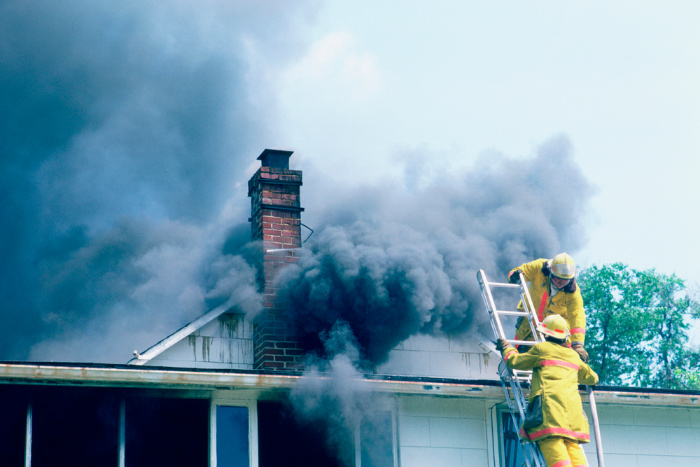

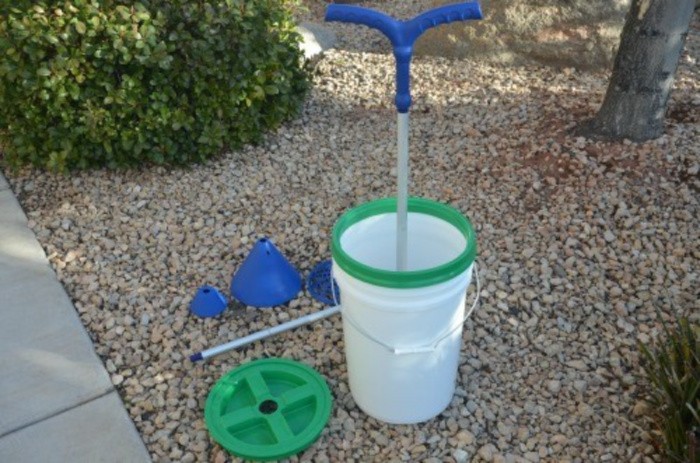
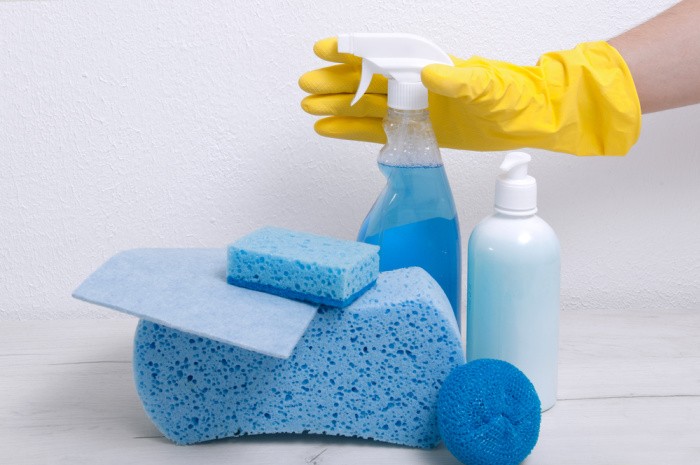


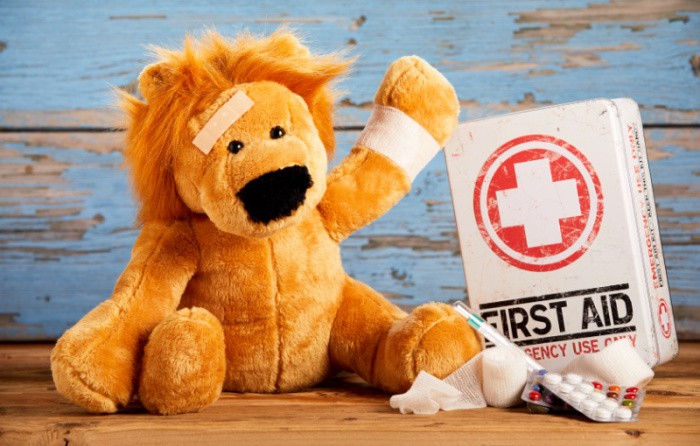
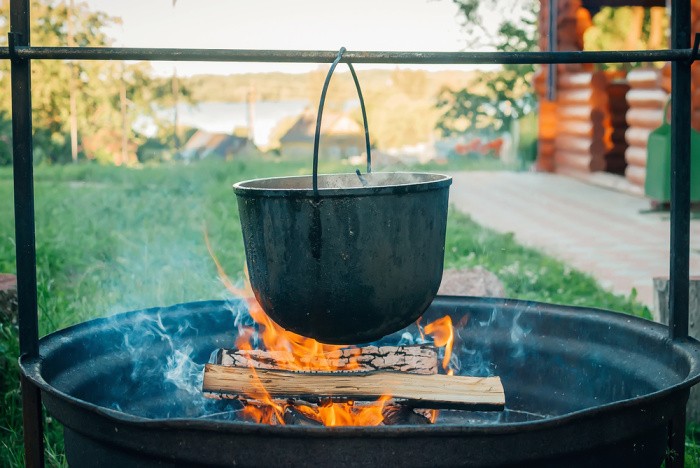
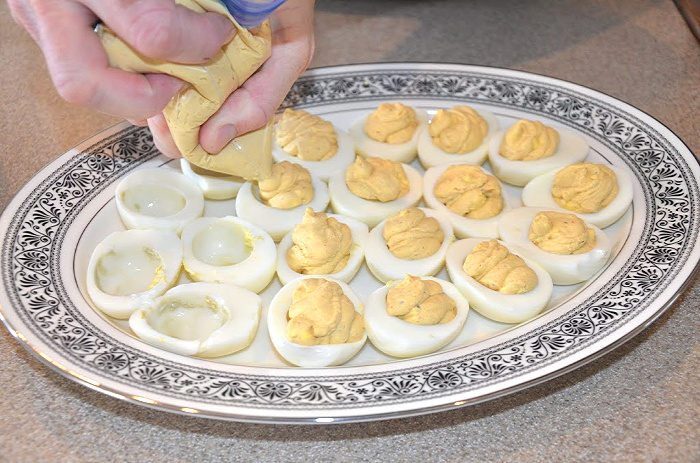
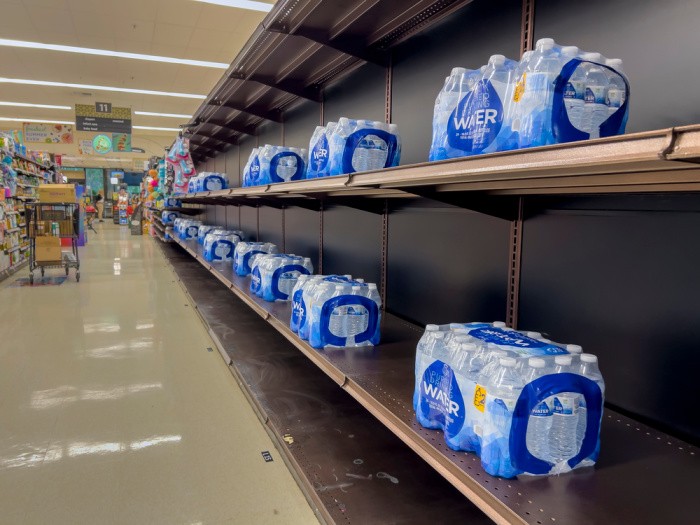



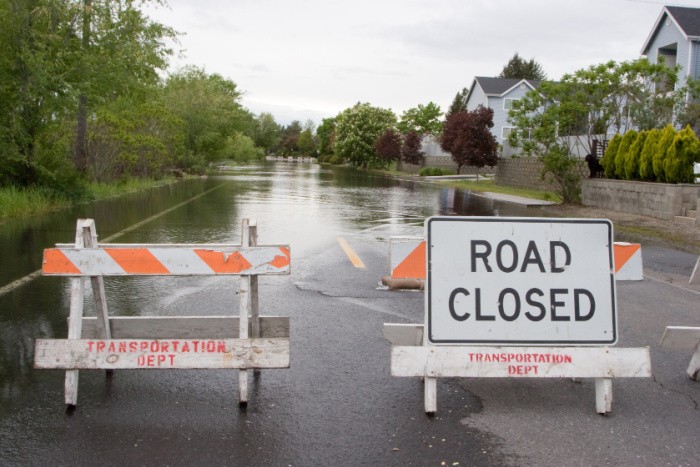

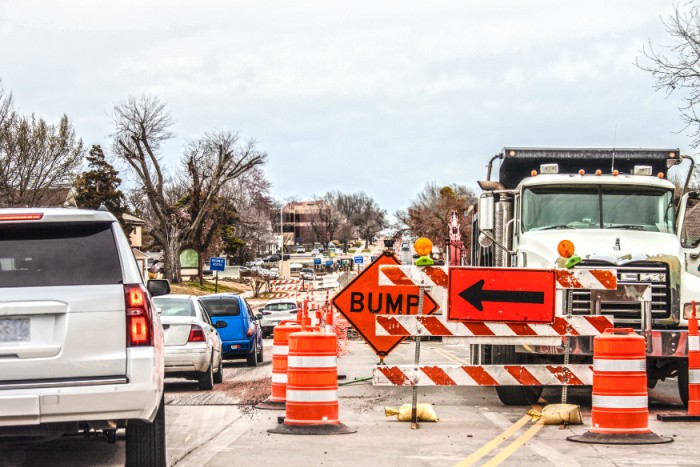
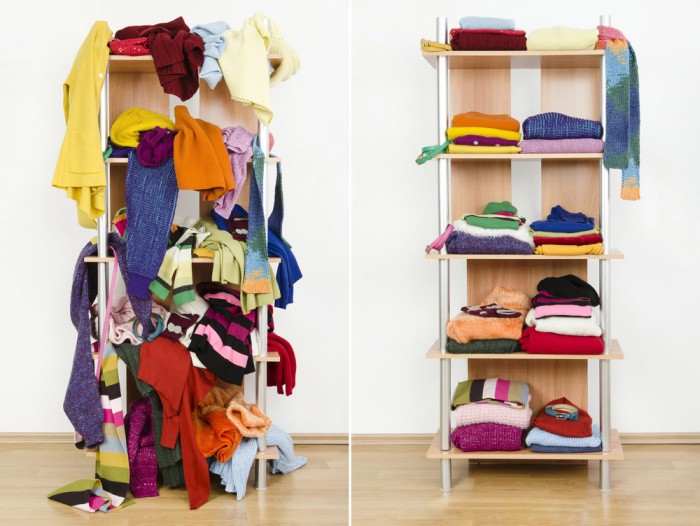
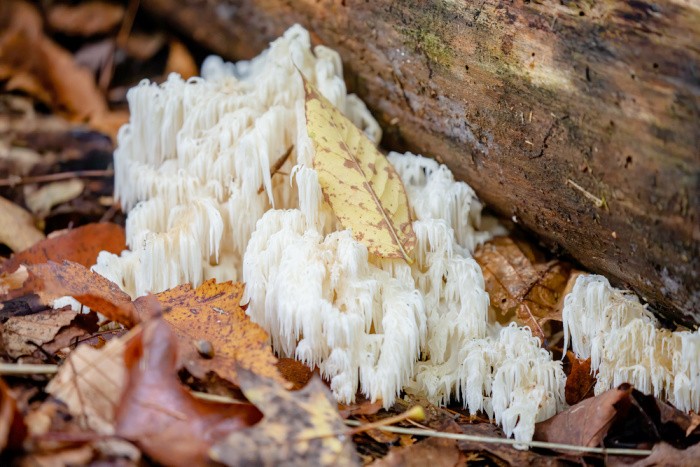
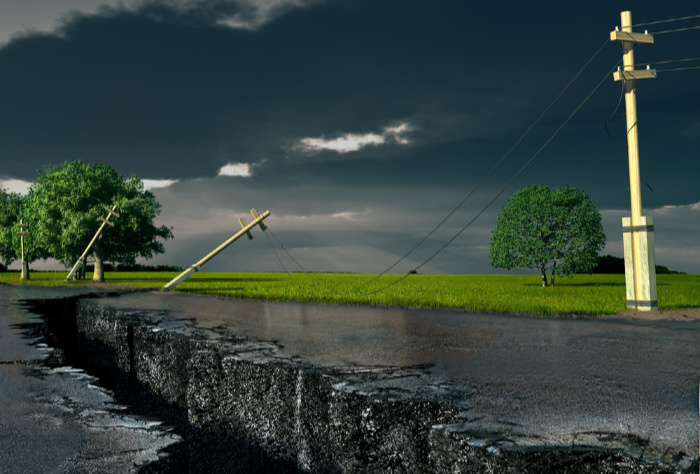
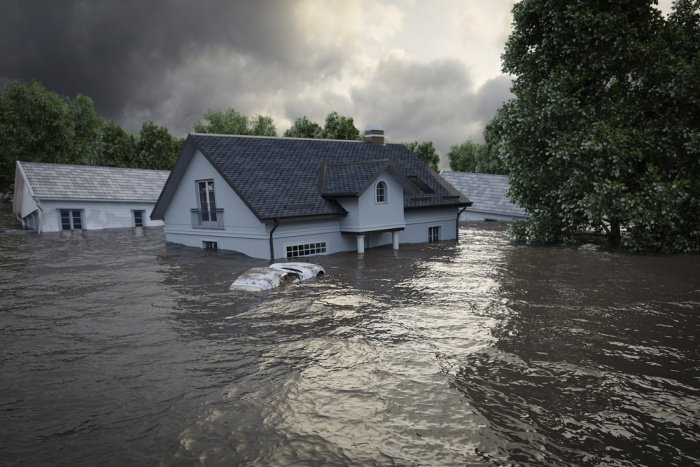

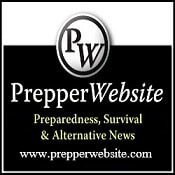
From a wife of a retired fire fighter of 26 yrs., if you have a small kitchen fire due to grease, do not put water on the grease, it will make the grease splatter more and might cause a fire on something else. Also, if possible put a lid on the pan, turn off gas and call fire dept. if needed. Grease is combustible.j
Hi Judy, thank you, I was 10 years old and cooking in my family home and my mom was at work, no cell phones back then. I had a grease fire, I ran to my neighbor and she ran over and put a lid on it. It’s the little things we need to know that make a BIG difference. Thanks for the reminder!! Linda
You are welcome Linda.
Something else that we need to keep in mind is the age of the home – how old is that wiring? When I was 12, our house burned. Fortunately, we kids were at school, dad was at work and mom was in town shopping (we lived in the country so going to town was a big deal!). We lost everything. The Fire Marshall never did come up with a definitive cause of the fire but my dad suspected that the wiring was old and faulty. With that in mind, it could have been much more traumatic had it happened when we were sleeping. Make sure to have the wiring checked out by a qualified electrician when purchasing an older home – even a home that is only 10-15 years old might have some issues with the wiring.
Fast forward 29 years, my parent’s home burned again due to a forest fire. It was a particularly devastating forest fire and not much could have prevented that one. But, they were evacuated early enough so that no one was there when it happened. My advice for this is that you need to make sure there are no flammables (trees, shrubs, garbage, etc.) close to the house. Make sure that the flammables kept in a garage and house are stored properly.
As for burning candles, I still do. The thing is that we need to use something that is in short supply now days – common sense! Don’t burn candles near windows/curtains, always place the candles on a large flat surface, and never go to sleep with one burning – same as a fireplace. All of the candles that I burn in my apartment are large 2-3 wick candles that are in glass containers. I always place them in the center of my dining table and make sure there are no flammables anywhere near them. Again, use common sense any time there is an open flame.
Hi Leanne, I didn’t realize your parents lost two homes, how devastating! That’s so terrible. Commonsense is the name of the game! Linda
I just found out about the fir extinguisher sticks you put in the fireplace in case the chimney catches because of an unclean flu/chimney. This is important stuff.
I hate to see folks lose everything so fast.
HI Matt, please tell me the ones you recommend, I will add it to my post. Thank you, Linda
I’m not qualified for recommendations as I just discovered them. You light them stick them in the fireplace and the chemicals go up and snuff out the fire. That’s bout all I know at this point. I’m still researching them.
Maybe some other viewers will know.
Hi Matt, no worries, I will see if anyone has used them. Thanks again, Linda
A little over a year ago a friend and her husband lost their house to a fire. They were able to save some pictures and a chest. They were lucky enough to get a new house built and in before Thanksgiving last year. They have added a “safe room” in their new house to put important items. I asked her to put some food and water in there because if it happens to catch fire in the night they can go in there till someone finds them. In December of last year I had a friend put me on Facebook. I found a friend I hadn’t talk to in years, come to find out she lost her house to fire a month before my other friend did.
This one barely got out with her life, lost some pets but everything else was burned up. She has been
lucky enough to have a new home now too.
Hi June, oh my gosh, that’s terrible. We have a lot of fires where we live in the summer heat. Right now I think we have 3 areas (Southern Utah) that I know of that have homes being evacuated. Some have lost their homes. I think that’s why I wanted to write this because there are more people who have lost their homes than we really realize. I’m so glad your two friends came out okay. WOW! We never know. These fires are human started, unfortunately. Stay safe, safe well, Linda